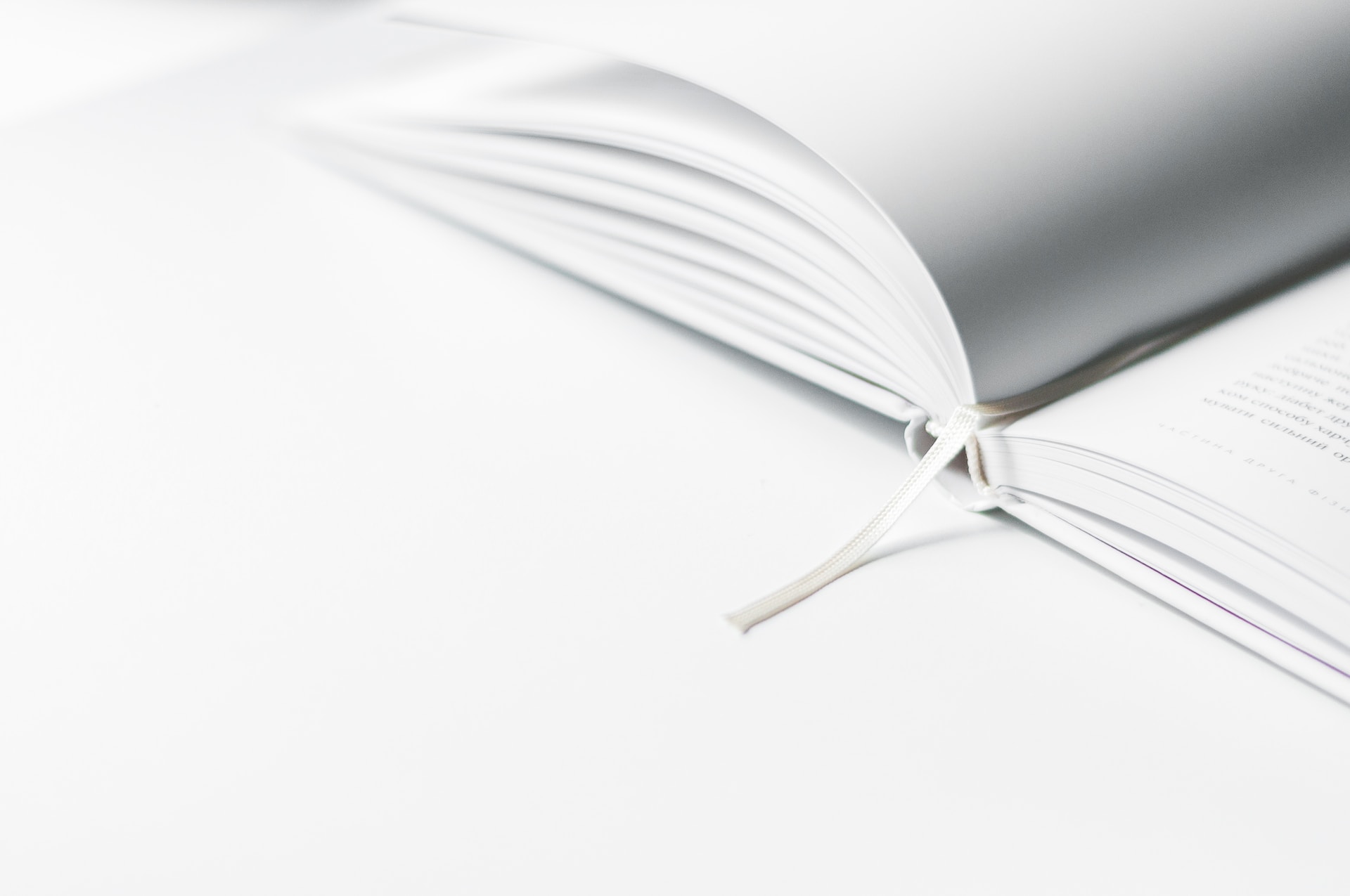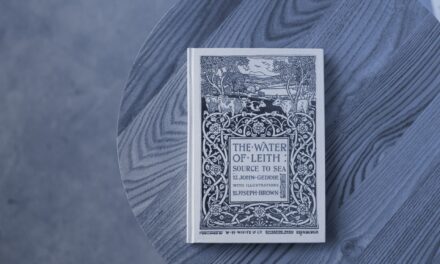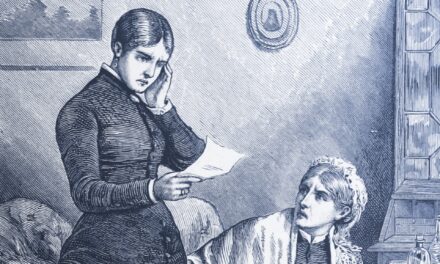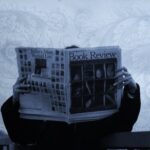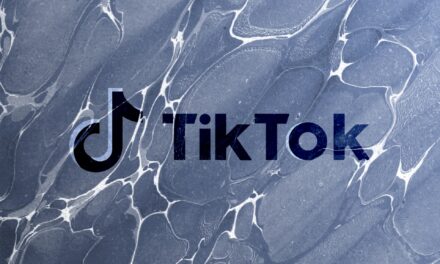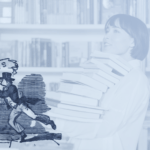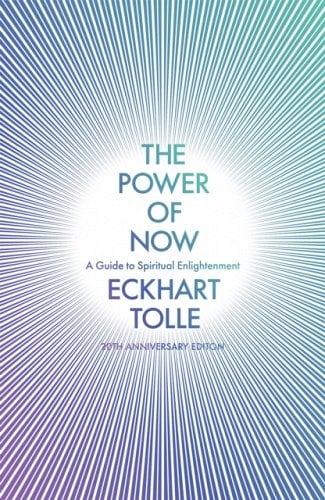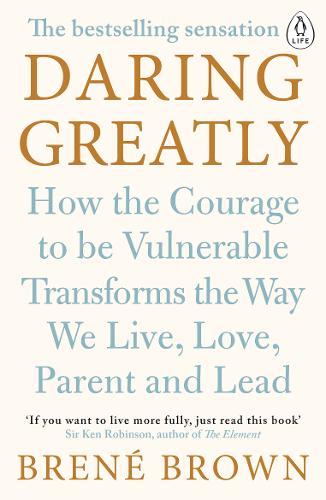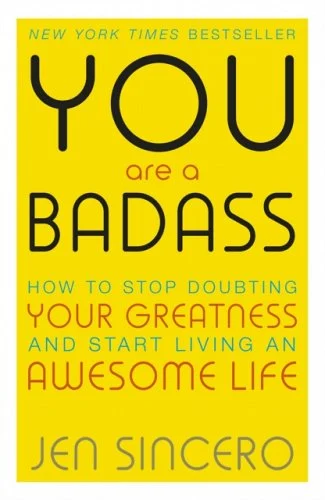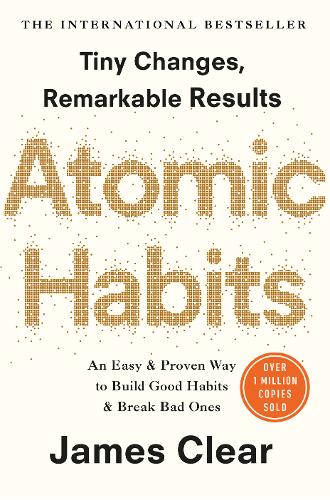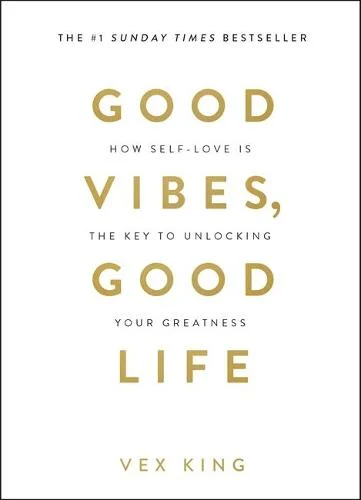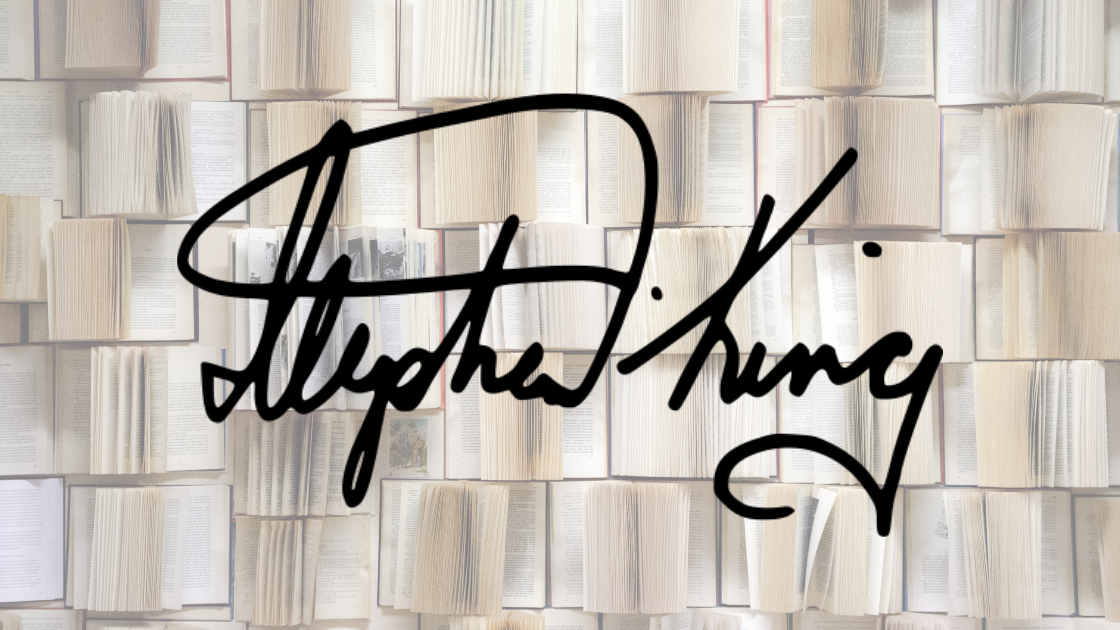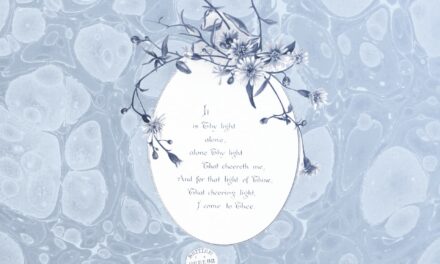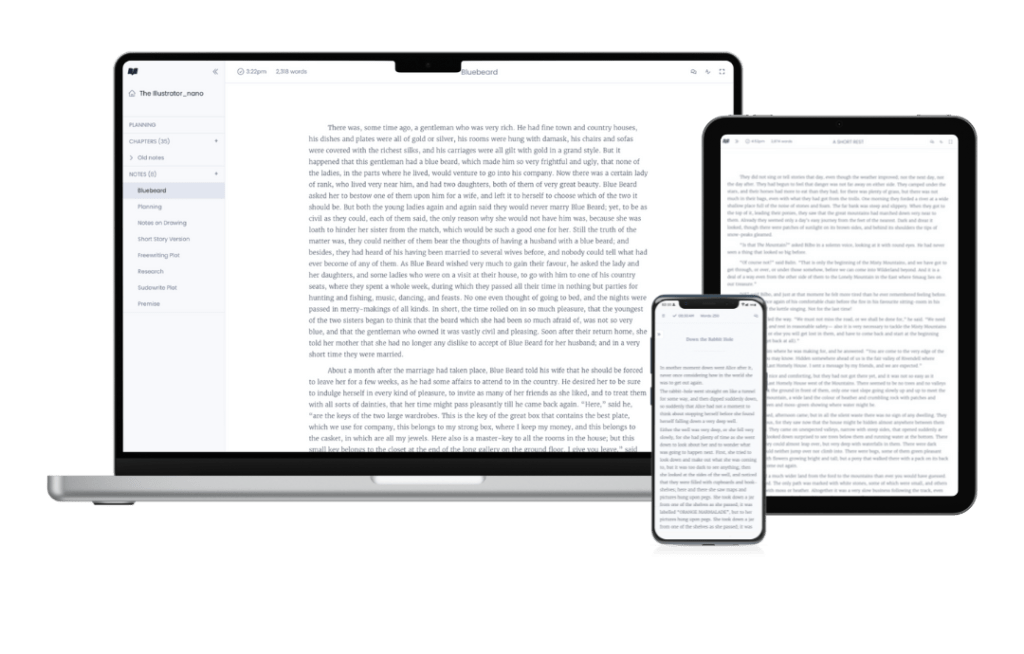
Tips for Writing Effective Non-Fiction: Personal Development Books

Personal development books are instructional books that offer the reader advice on how to improve a part of their life, perspective, or self-image. They aim to help the reader understand themselves on a deeper level, unlock a better version of themselves, and enhance parts of their personality, experience, and enjoyment of life.
Many personal development books are about developing good habits, positive behaviours, and optimistic outlooks. They can focus on helping the reader find contentment in a particular area of their life and address specific subjects like self-acceptance, anxiety, confidence, meditation, the quality of relationships, boundaries, and a positive mental attitude. Or they can be more generalised, like finding happiness in a chaotic world.
A growing genre
Personal development books have become increasingly popular in the last decade, as many people search for meaning and contentment. Modern life has become more complex, busy, and stressful, so personal development books offer some respite from the chaos.
Some readers of personal development books might be very familiar with the genre, having read several books from well-known authors in the space because they are dedicated to the idea of constant self-improvement, whereas other readers might turn to a personal development book for the first time because they are experiencing a personal crisis and are in need of guidance and support through a difficult time.
A distinctive style
Personal development books are usually written in an instructive style with practical elements like tips, tricks, and frameworks to help the reader move forwards in a particular area of their life. But they can also be more narrative-led and draw on the author’s and other interesting people’s stories to extrapolate meaningful teachings from their experiences that can help others.
Personal development writing can be deeply personal, especially if the author reflects on an epiphany or transformative experience that led to their own enlightenment. Personal development books can also be spiritual in their approach, or rooted in psychology and social science.
Books classified as personal development are likely to have some crossover with psychology, business, and spiritual books, depending on their focus and approach.
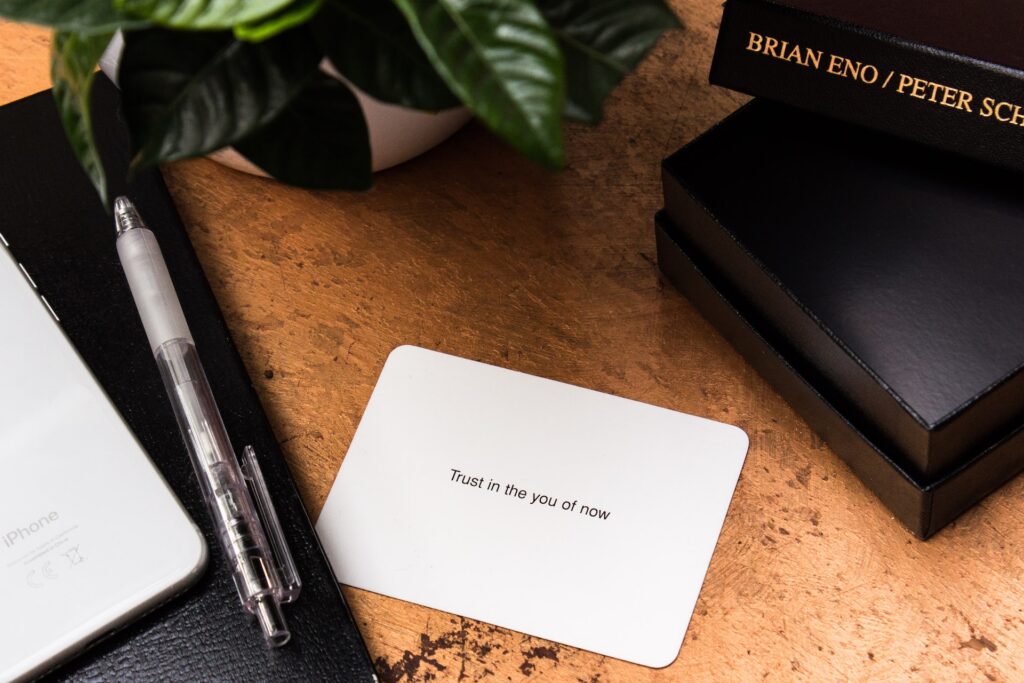
Tips for Writing Personal Development books
- Think about what your book is promising to do. Are you addressing a very specific problem, or are you providing advice on a very general one?
- Think about how you can make your book different from existing books. Are you tackling a well-discussed problem but in an entirely new way?
- Consider the ideal reader and what they need from the book. What tone and style will best help you deliver your message and connect with them? Does the reader want practical takeaways that will help them in their life, or are they looking simply to be seen and for their own experience to be reflected in a book?
- If your book is offering practical advice, how are you going to present that? Will you include break-out boxes, illustrations and drawings, graphs, or bullet lists to summarise what the reader should take away from the book?
- How might you use science or personal case studies to back up or demonstrate your ideas and the effectiveness of the outlook, programme, framework or philosophy you’re advocating for?
Bestselling books to read
If you’re thinking about writing a personal development book, it’s a good idea to read some of the top-selling books in this genre to learn how different writers have addressed their topic and how their style varies from narrative to prescriptive.
Reading these books will show you different ways of connecting with readers to impart deep teachings about the self and how we connect with the wider world.
The five books selected have different subject focuses and very different styles. Some are measured and practical, others are rooted in ground-breaking social science, others are more narrative focused with a very strong voice, and others are more spiritual in style.
The Power of Now by Eckhart Tolle
From the German counsellor and spiritual leader, The Power of Now is a classic personal development book about finding contentment in the present moment. Tolle shows us how we can silence our anxious thoughts and create a liberated life by leaving our analytical minds and ego behind.
This book is written in a Question and Answer format (the questions being posed by his former students, which is a rare approach, somewhat reminiscent of ancient philosophy texts). Tolle captures the reader’s attention from the very first question, inspiring them to see life from a refreshing perspective. He helps the reader surrender to the present moment, where problems do not exist. He explains it is here where we find our joy, embrace our true selves, and discover that we are already complete and perfect.
The book draws on various spiritual traditions but updates them and makes them accessible to modern-day readers. This is a great read for anyone who overthinks all the time, suffers from anxiety, or for those who simply want to be more calm and present with themselves and those around them.
Daring Greatly by Brené Brown
The culmination of twelve years of groundbreaking social research, Daring Greatly is an invitation to be courageous in all walks of life; to show up and let ourselves be seen, even when we also face risk or feel uncomfortable.
Every time we are faced with change, we feel uncertain and exposed. We feel vulnerable. Most of us try to fight those feelings. But in this powerful vision, Brown dispels the widely accepted myth that vulnerability is a weakness.
Brown writes with insight, wit, sensitivity, candour and a deep sense of humanity, showing us a wiser way to see ourselves and present ourselves to the world. She blends social science with narrative case studies and her own personal reflections to produce a truly inspiring book that millions of people have found to be transformative.
This is an example of a personal development book that focuses on one theme – vulnerability – and shows very effectively the enormous impact rethinking that trait can have.
You Are a Badass by Jen Sincero
You Are a Badass is a refreshingly entertaining how-to guide, from a top success coach that serves up 27 bite-sized chapters full of inspiring stories, sage advice, and easy exercises. This hilarious book shows you how to identify and change the self-sabotaging beliefs and behaviours that stop you from getting what you want and how to create a life you totally love, and make more money in the process.
Written in a very colloquial style, with the occasional swear word, this is a new kind of personal development book which packs some punch. It’s a personal development book with quite a general promise; to help you stop doubting yourself and go out and make your dreams come true. It’s inspiring and galvanizing, and because of its irreverent style is very popular with younger audiences.
Atomic Habits by James Clear
In this chart-topping book, Atomic Habits, entrepreneur and writer James Clear reveals how minuscule behavioural changes can grow into life-altering outcomes.
Delving into cutting-edge psychology and neuroscience to explain why the compound effect of hundreds of small decisions add up to much more, Clear reveals how to use tiny habits to stay productive, motivated, and happy.
Packed with a practical four-step framework (make it obvious, make it attractive, make it easy, make it satisfying), and simple life hacks like the forgotten art of Habit Stacking or the unexpected power of the Two Minute Rule, Atomic Habits is the go-to book for anyone looking to put bad habits to bed and commit to building new, positive ones that will help you achieve your wildest goals.
Good Vibes, Good Life by Vex King
Another chart-topping book, Good Vibes, Good Life, is about self-love and manifesting positive vibes from an Instagram self-help guru.
Vex King draws on his personal experience and intuitive wisdom to inspire you to practise self-care, overcome toxic energy, and prioritise your well-being. He shows you how to cultivate positive lifestyle habits, including mindfulness and meditation, change your beliefs to invite great opportunities into your life, manifest your goals using tried-and-tested techniques, and overcome fear to instead flow with the Universe.
Written in a very easy-to-follow style, packed with meaningful phrases and aphorisms that are pulled out from the main text and designed to be shared online, this book is down-to-earth and relatable. It takes a more spiritual approach which is becoming more popular with younger audiences.
Note: All purchase links in this post are affiliate links through BookShop.org, and Novlr may earn a small commission – every purchase supports independent bookstores.











